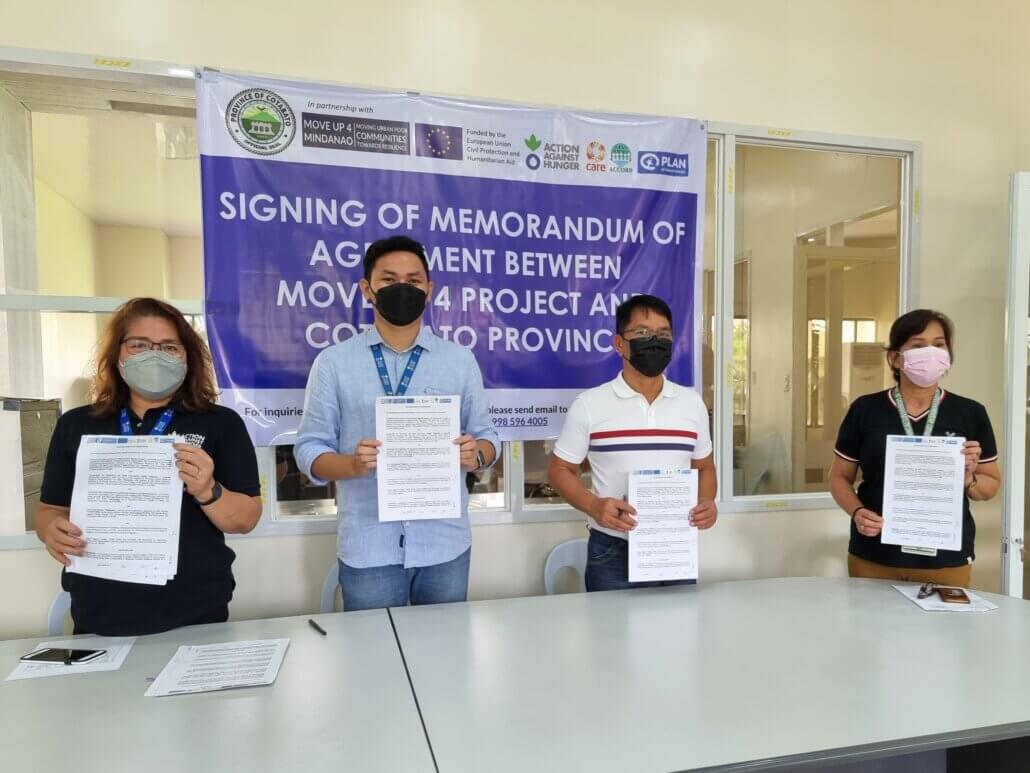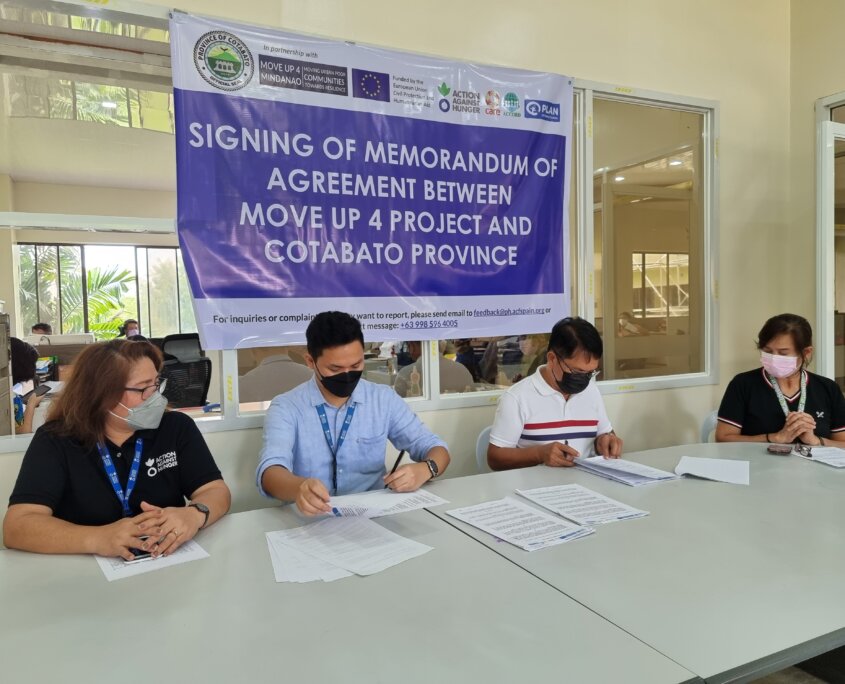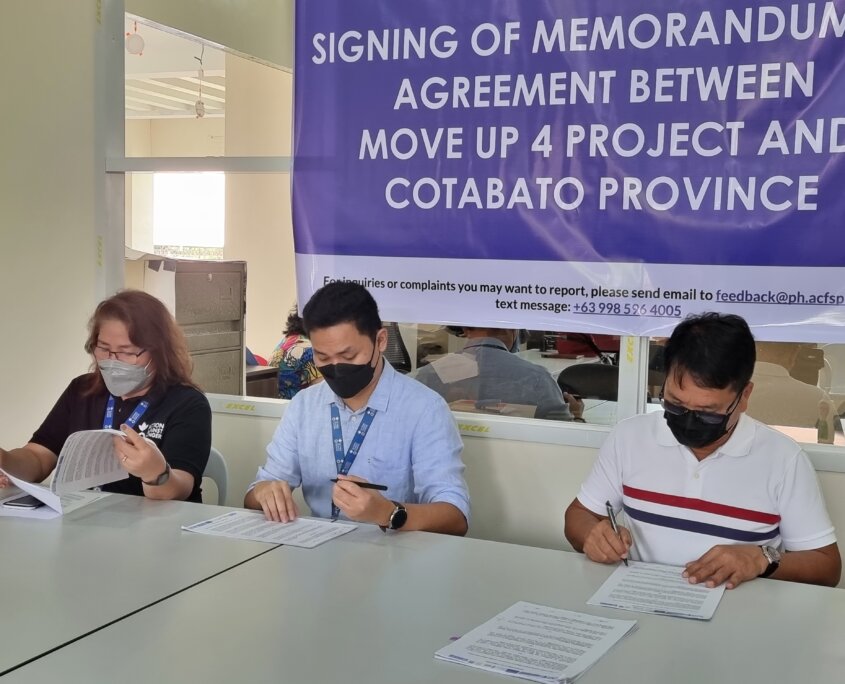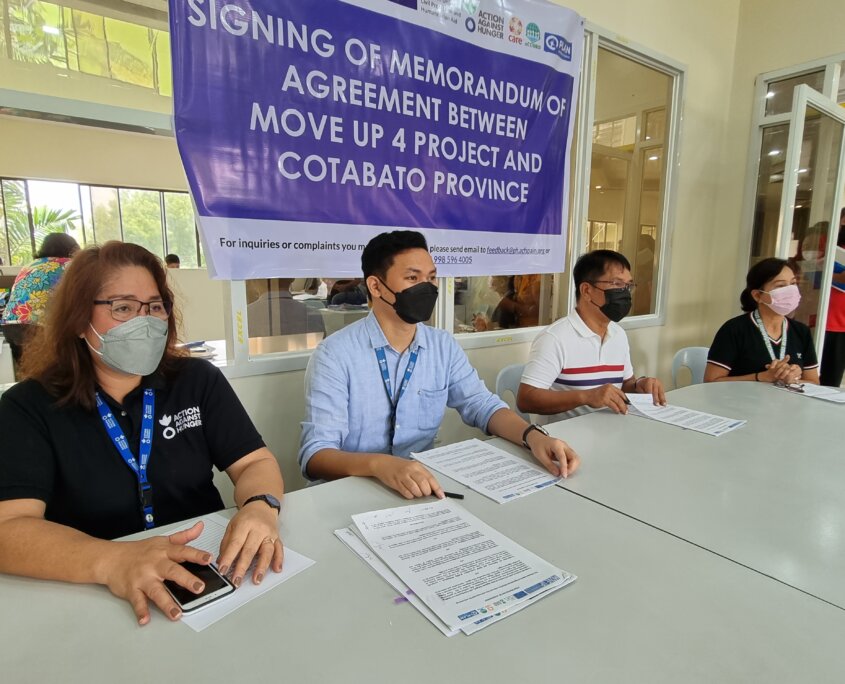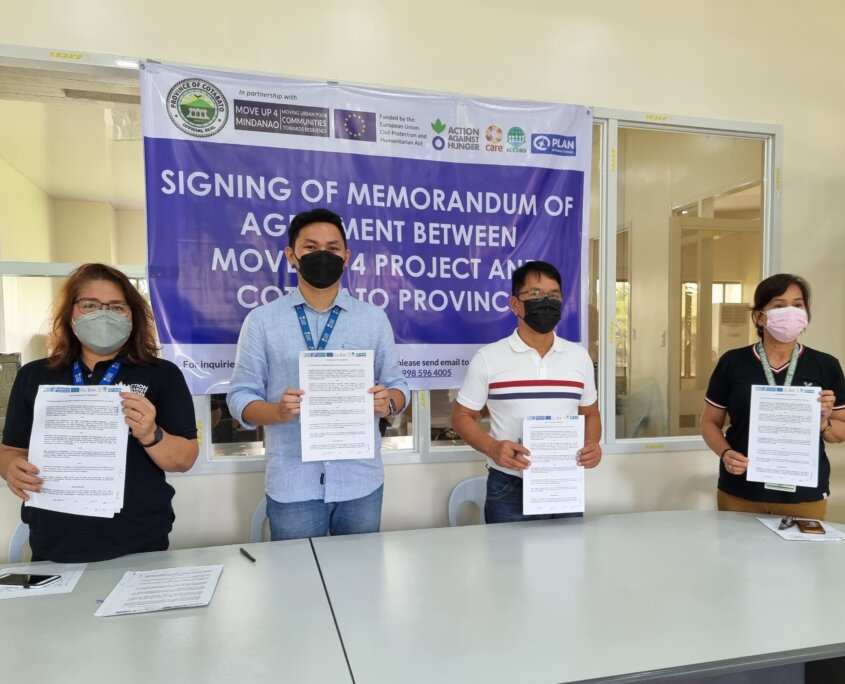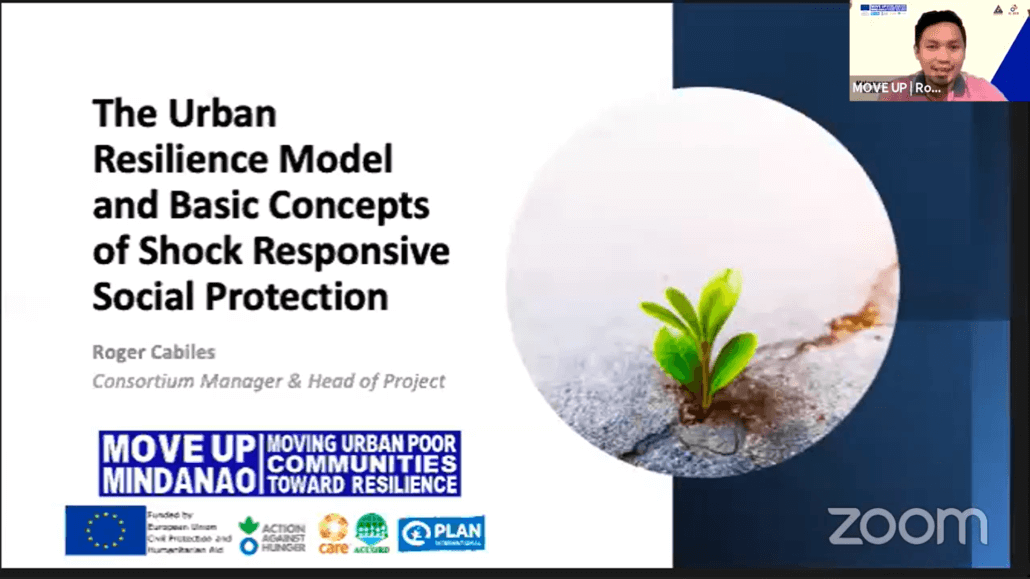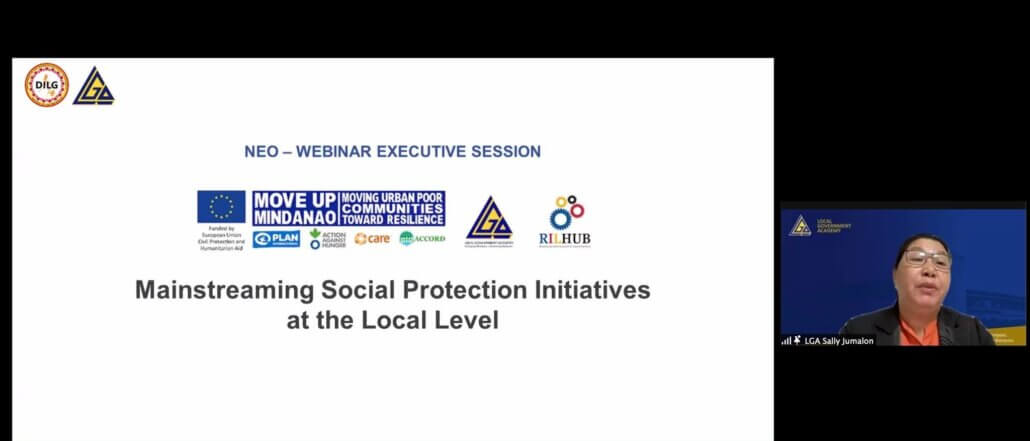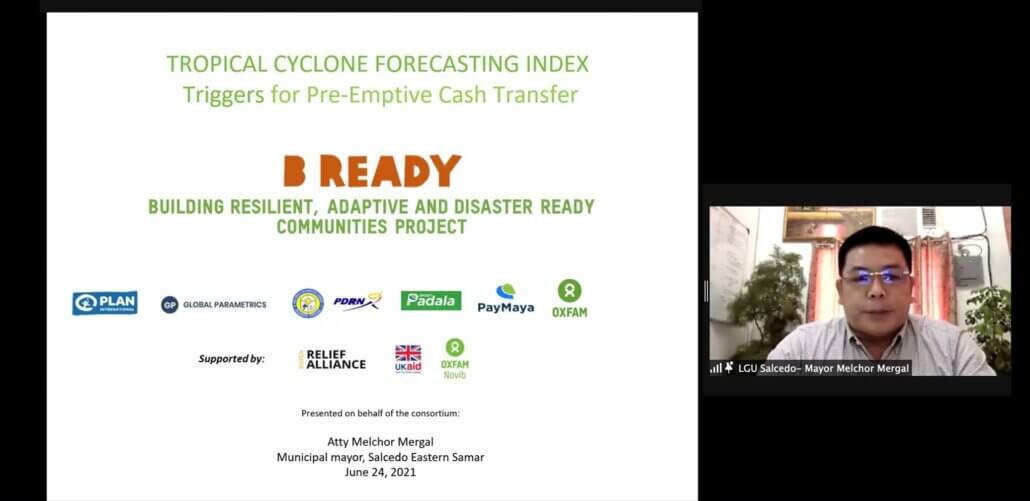Stories from the Field: Full of Smile, Full of Hope
A day before Typhoon Odette (internationally referred to as Typhoon Rai) made landfall in the Philippines, more than 400 residents of Barangay Bilang-bilangan evacuated from their island community. Grace Obguia and her family were among them.
BOHOL — Grace never imagined that their living situation would change completely overnight. Together with her husband and three children, they spent the night of December 15 at Tubigon Cultural Center located in the mainland area of Tubigon Municipality.
Around 5:40 pm on the 16th of December 2021, Typhoon Odette was ravaging the nearby municipalities of Carlos P. Garcia and Bien Unido.
More than two months have passed but Grace still gets teary-eyed whenever she recalls the ordeal they had faced. “We could hear the winds howling and my children wouldn’t stop crying,” she shares. “All I could do was pray hard for everyone’s safety.”
Their anxiety continued to build up when the first floor of the cultural center became flooded due to the storm surge. This forced them to transfer to the second floor of the building despite the heavy rain. They stayed there for several hours waiting for the storm to pass while being completely drenched from the floodwater.
After spending two days in the evacuation center, they went back to the island only to be greeted by further dismay. What was once paved with quaint homes and vibrant coconut trees is now filled with Odette’s wreckage. The Obguia family’s home that stood along the shoreline was completely washed out. Disheartened and without a roof over their heads, the family decided to clear some of the debris and spend the night along the shore.
“We could hear the winds howling and my children wouldn’t stop crying,”
Within the next few days, Grace’s family found some comfort through the support of various people and organizations. Food assistance was readily available for many of the affected families. They also received cash assistance from the Department of Social Welfare and Development (DSWD) which they partly used to purchase basic shelter materials. This allowed them to rebuild a modest home, this time a bit farther from the shoreline.
Bilang-bilangan is a quaint island located in the Municipality of Tubigon, Bohol. Surrounded by clear blue waters, many residents like Grace and her husband mainly relied on fishing for their livelihood. After the typhoon, they did not have a regular source of income because their fishing nets were all damaged. When food packs became scarce, they would catch mussels and other shellfish for their personal consumption. In rare cases, Grace would borrow some money from her friends in the mainland so she could buy for the needs of their 3-year old child.
Grace is thankful for any chance that she could save money. Action Against Hunger, through the Typhoon Odette Response of the EU-funded REACH project, provided her a hygiene kit that included soap, toothbrush, and other hygiene products that would last for a month, sparing her expenses on keeping her family clean and sanitary.
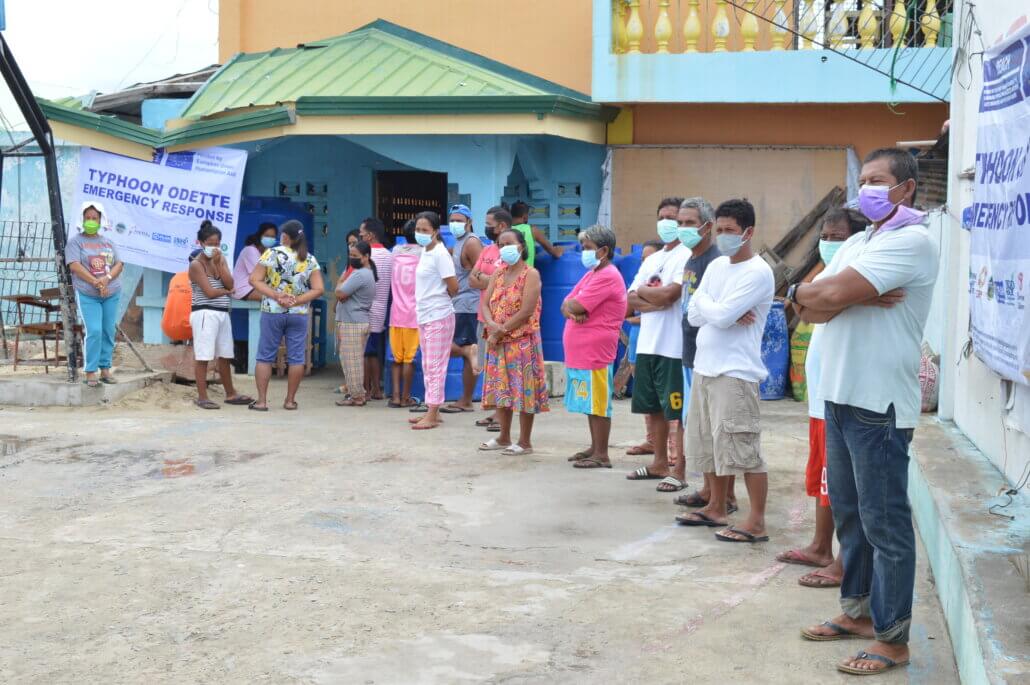
Photo by Roussam Dilig for Action Against Hunger
Despite the ordeal that she and her family have been through, Grace smiles as she thinks about all the help they have received since the calamity. She is hopeful and remains positive that there will only be better days ahead.
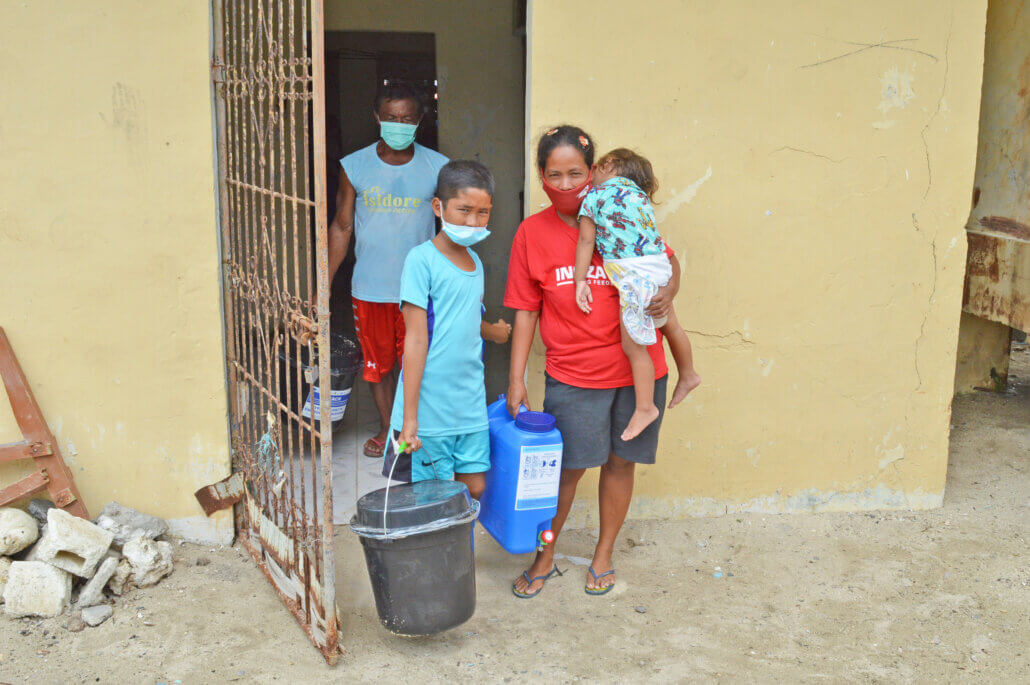
Photo by Roussam Dilig for Action Against Hunger
The Typhoon Odette Emergency Response of the REACH Project (Response to the Unmet Humanitarian Needs of the Most Vulnerable Populations in Mindanao and the Visayas Affected by Conflict, Disasters, and the COVID-19 Pandemic) is funded by the European Civil Protection and Humanitarian Aid Operations (ECHO) and is implemented by ACCORD Incorporated, Action Against Hunger Philippines, CARE Philippines, Community Organizers Multiversity, Initiatives for Dialogue and Empowerment through Alternative Legal Services (IDEALS) Inc., Plan International Philippines, Philippine Business for Social Progress (PBSP), Save the Children Philippines, United Youth of the Philippines-Women and Oxfam Pilipinas.
Written by Roussam Dilig | Edited by Joyce Sandajan Read more


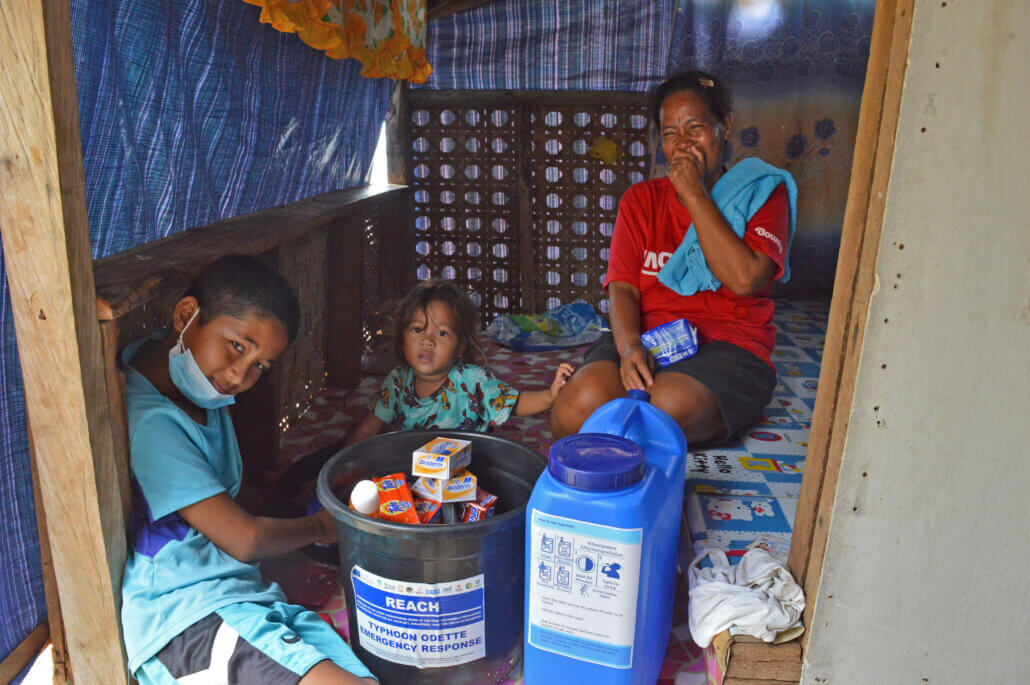
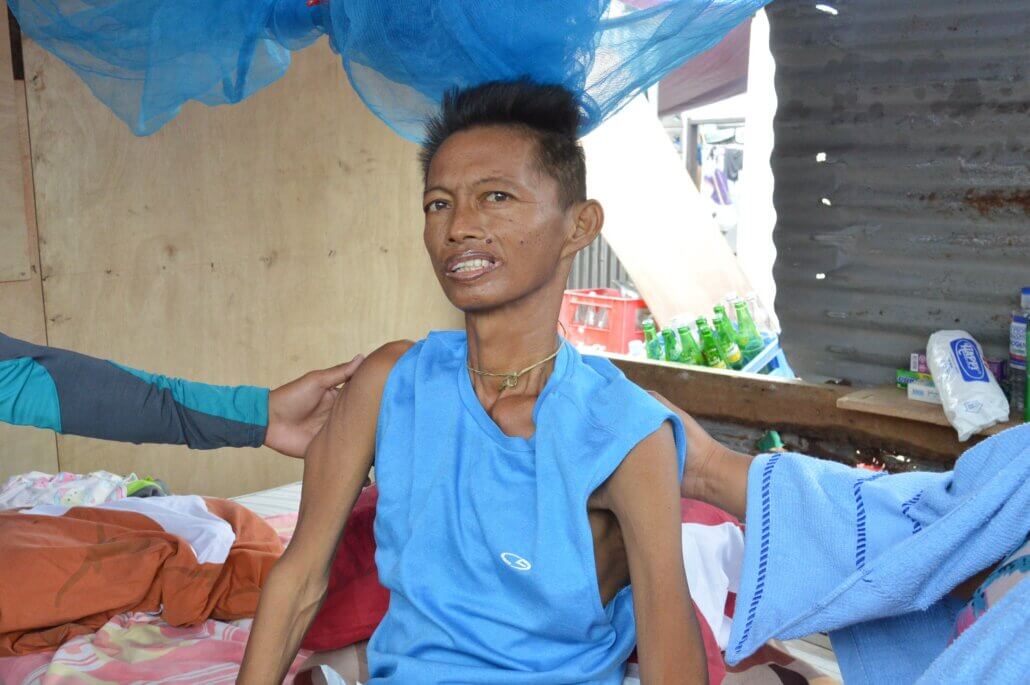
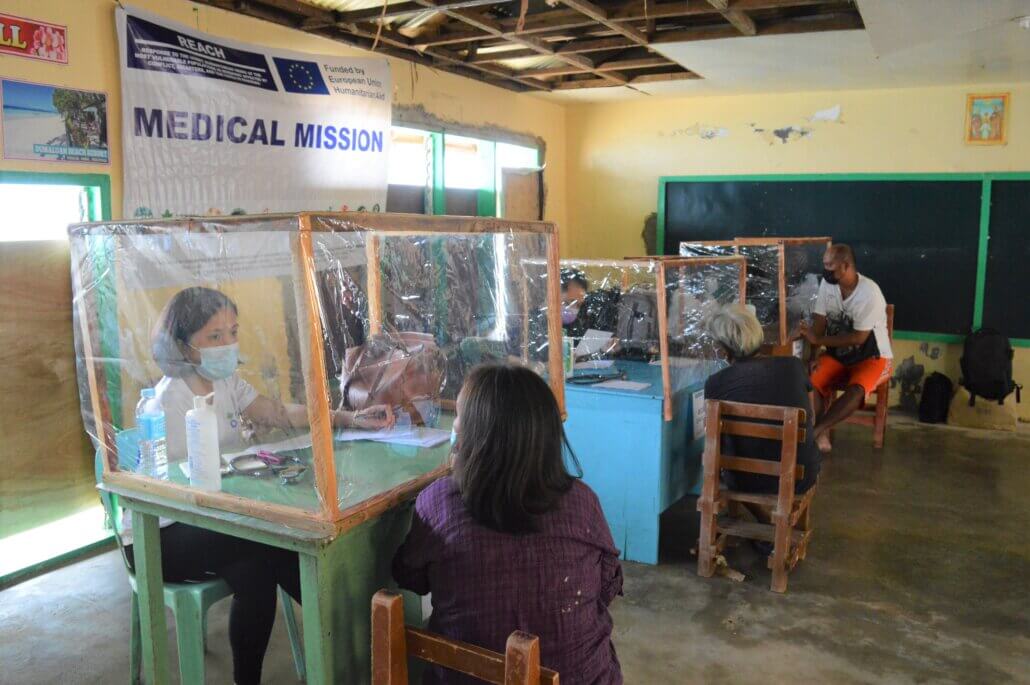
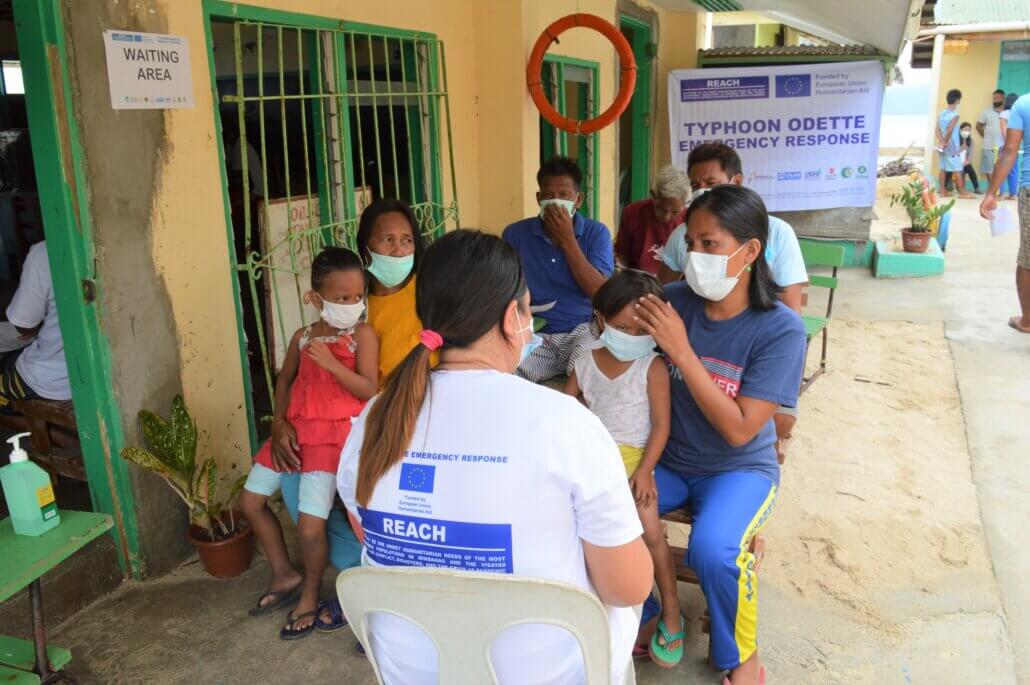
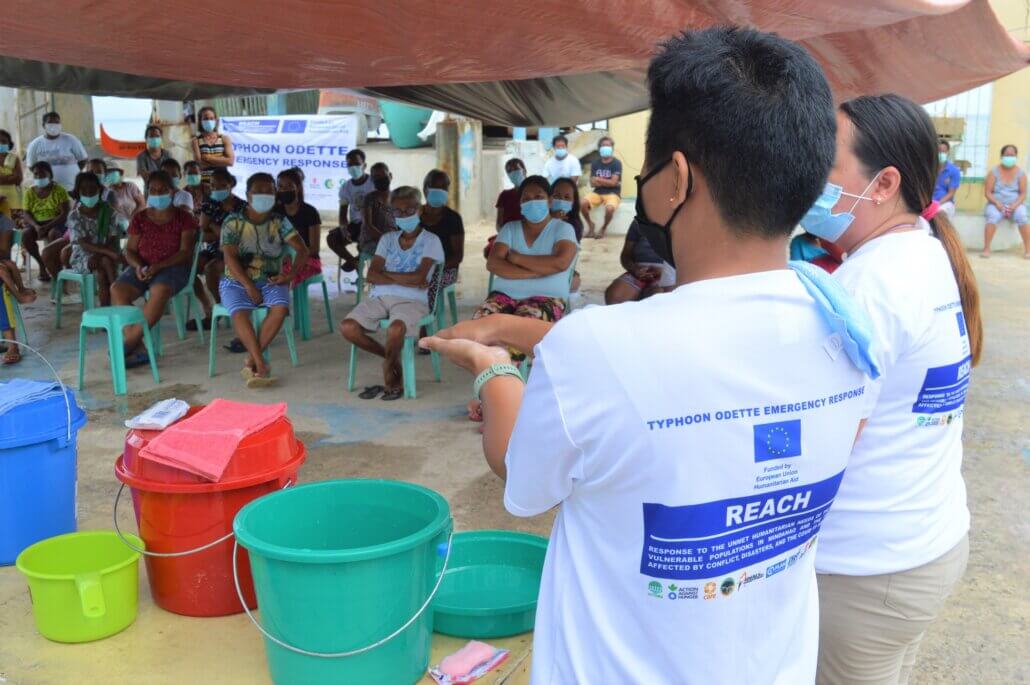
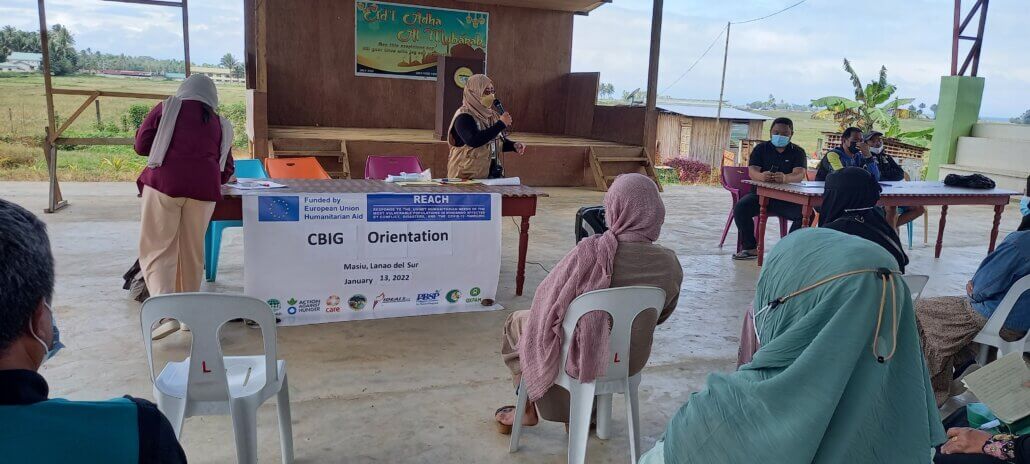
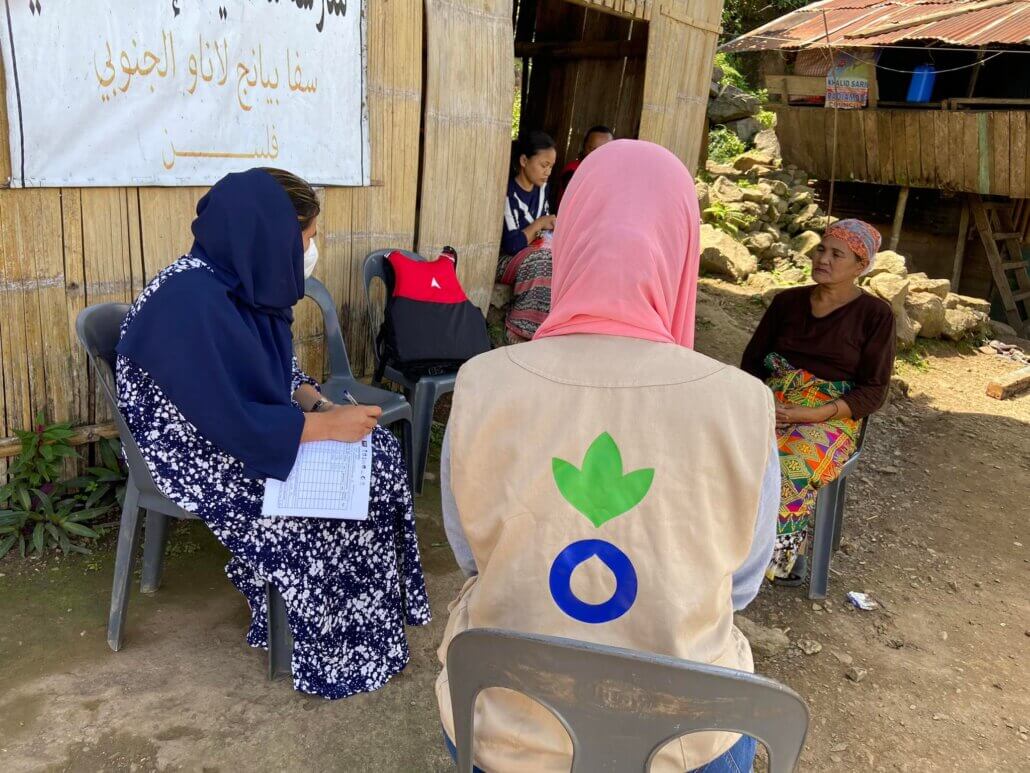
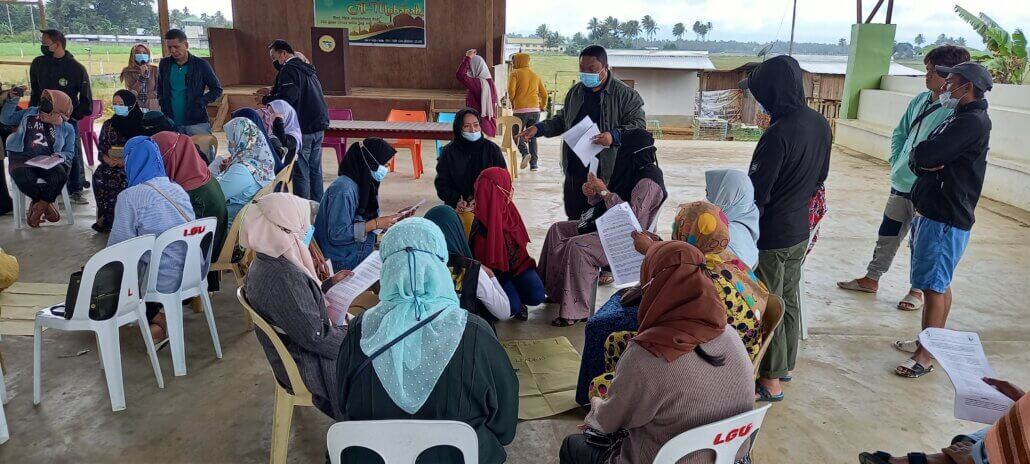
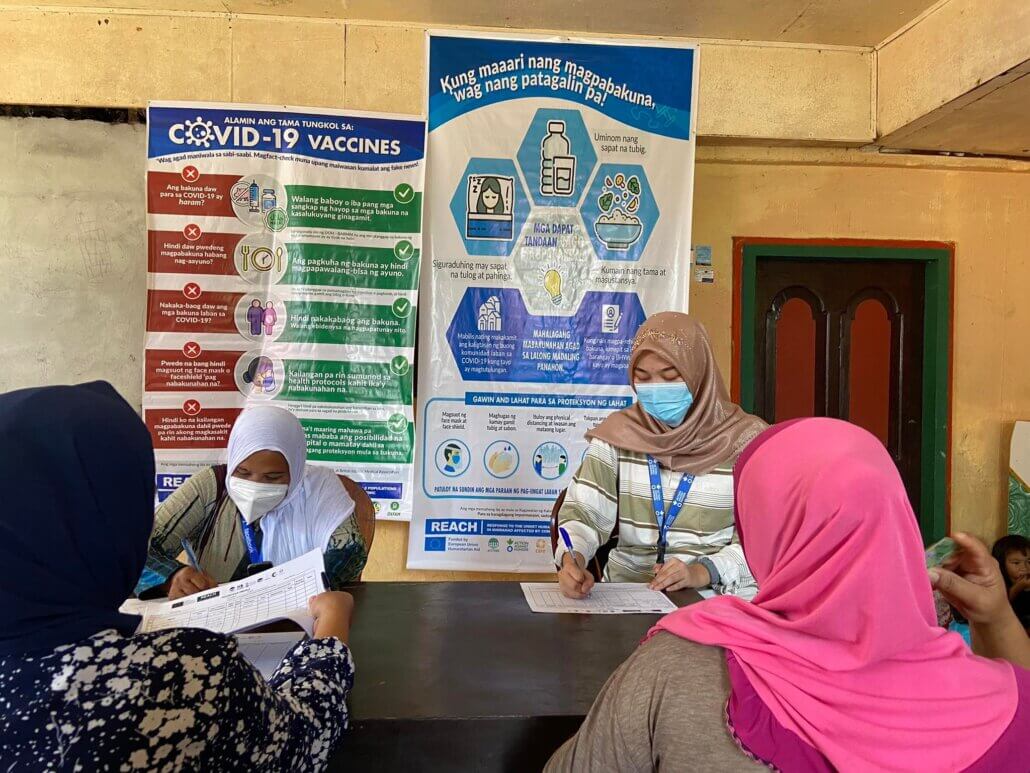
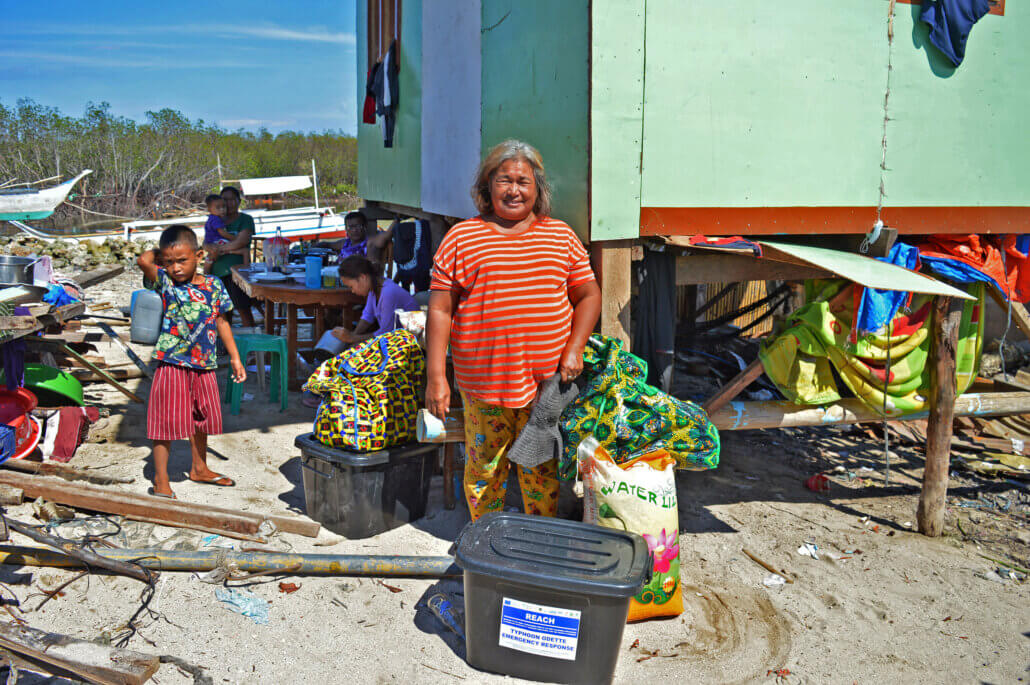
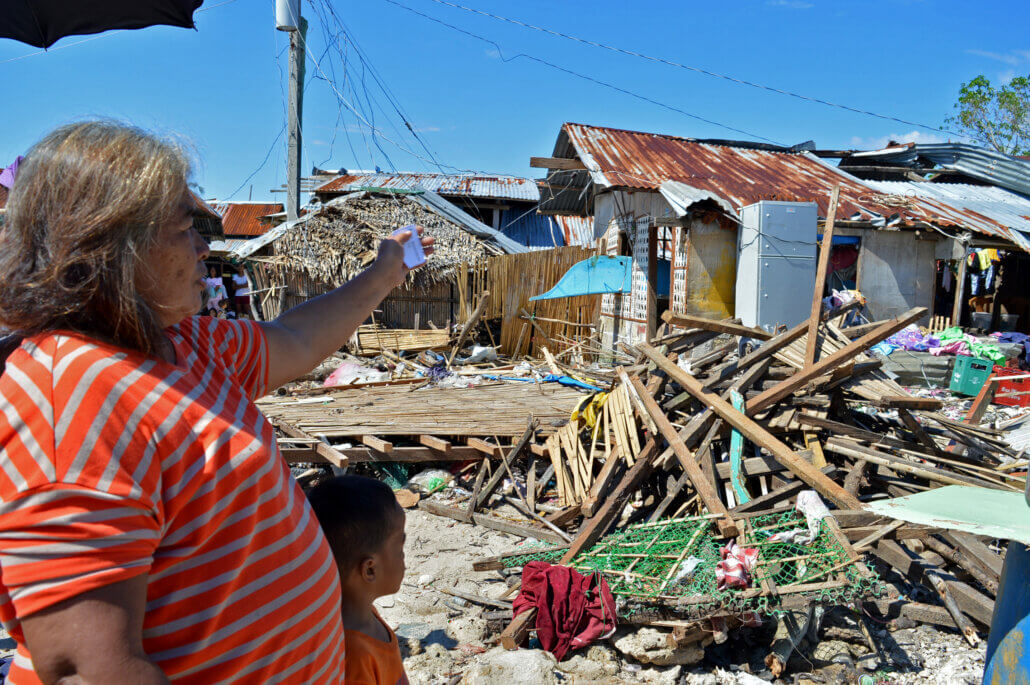
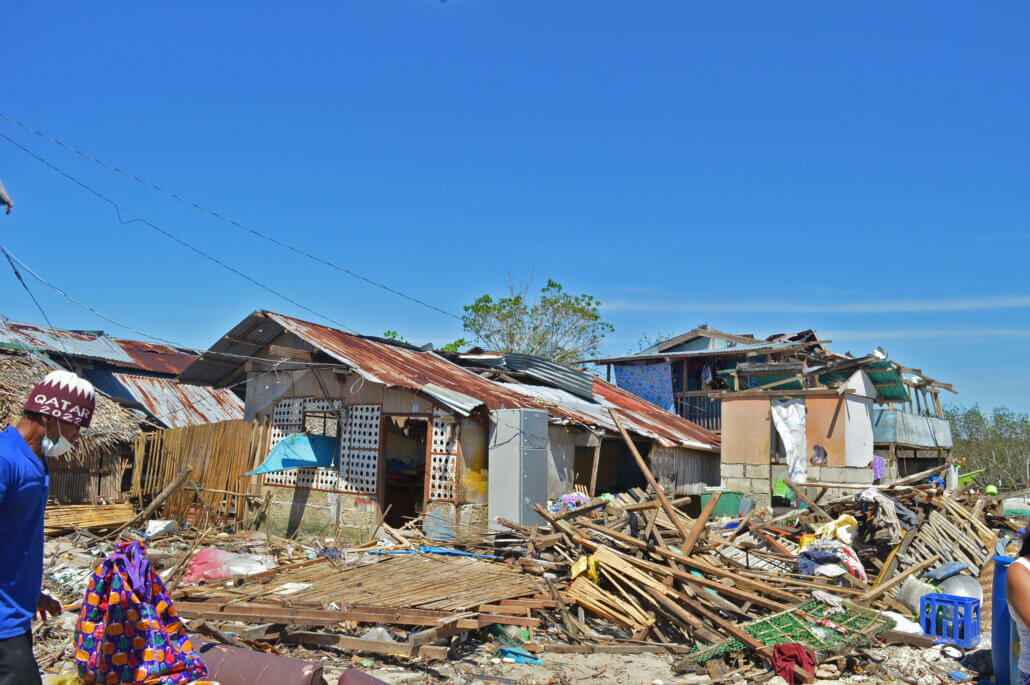
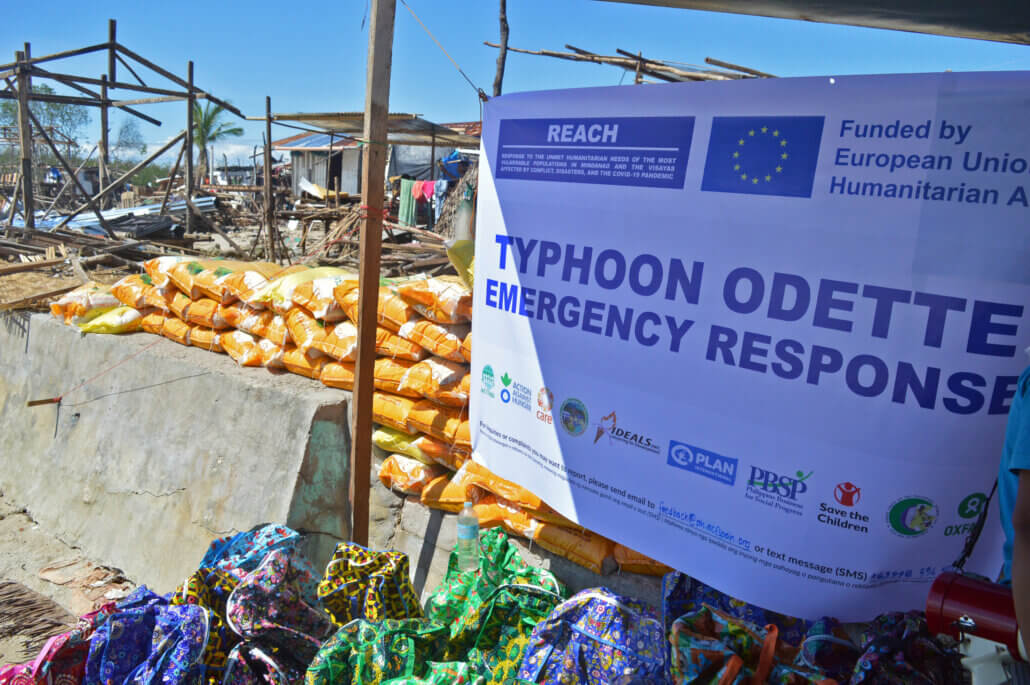
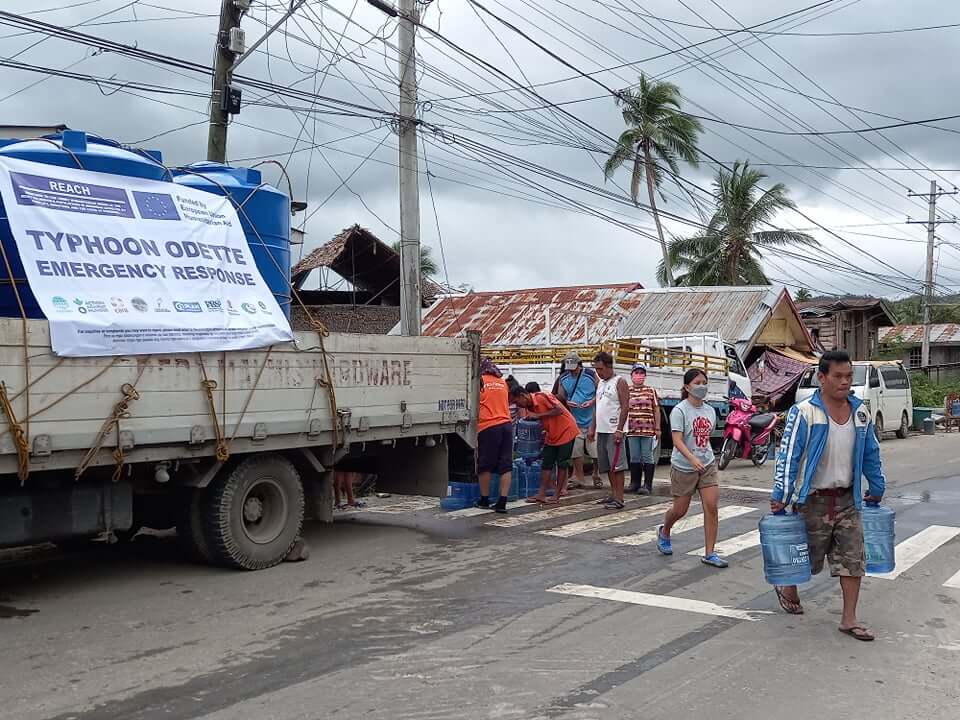
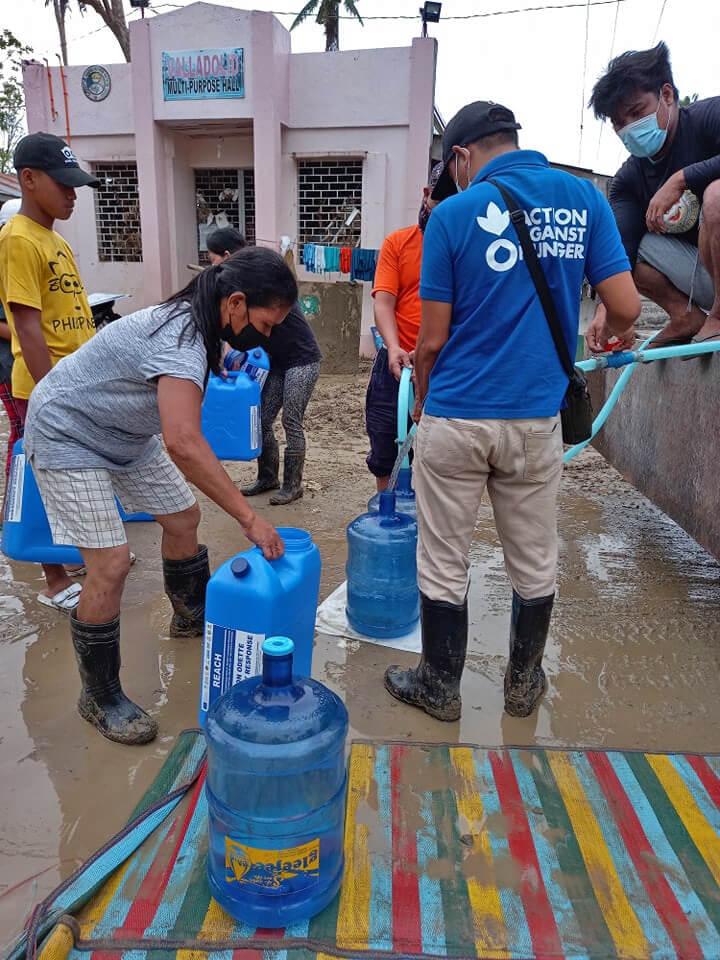
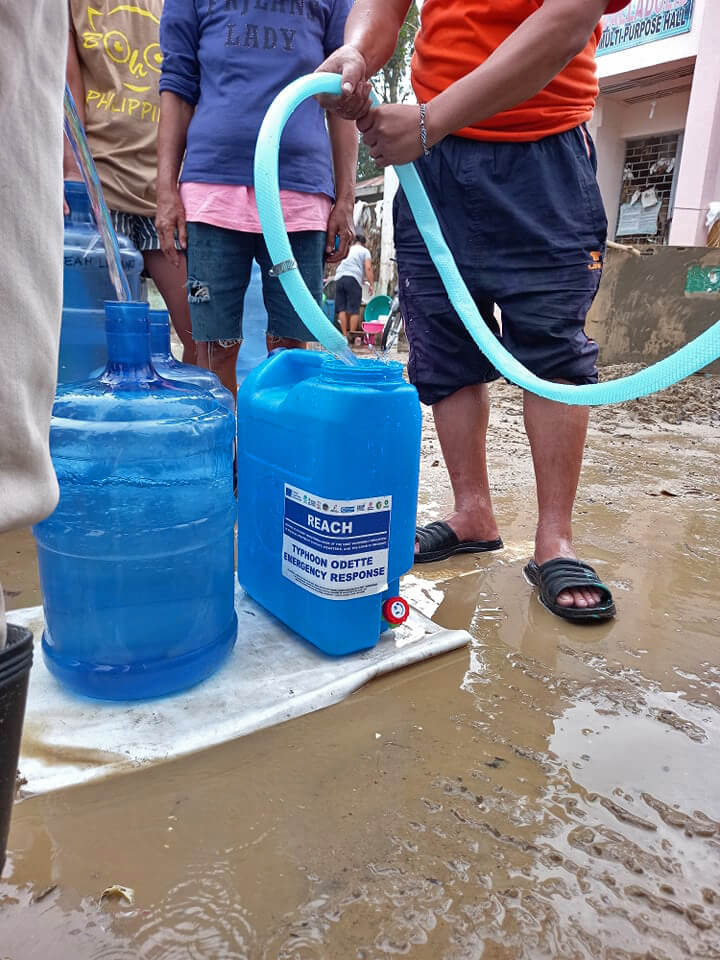
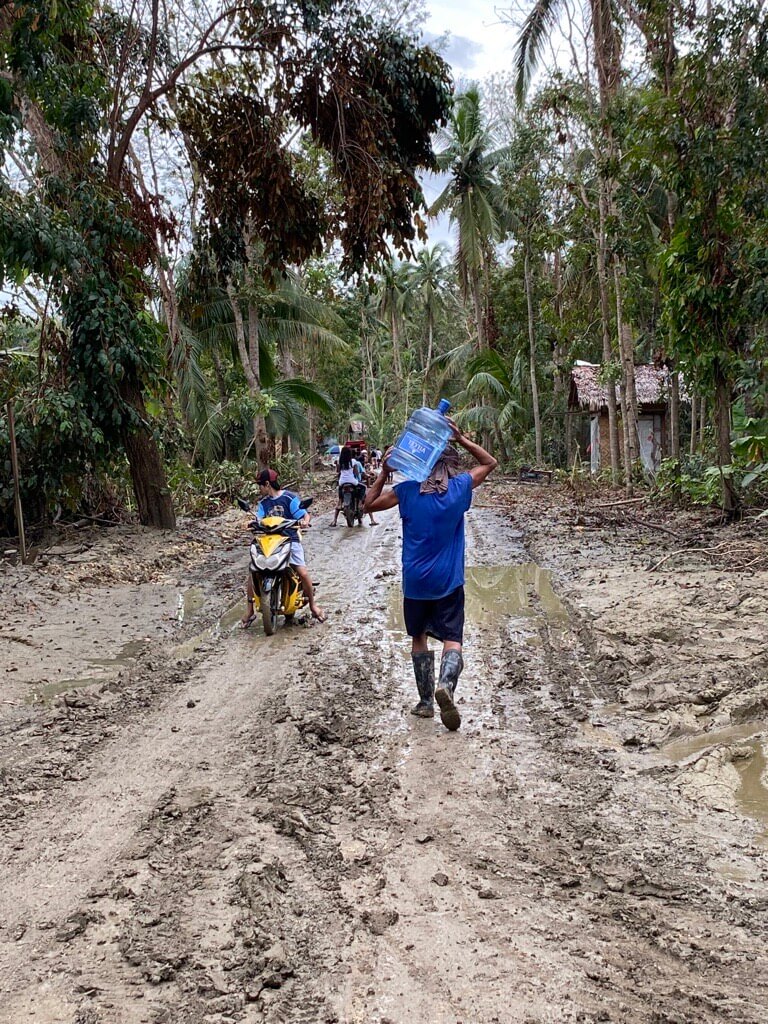
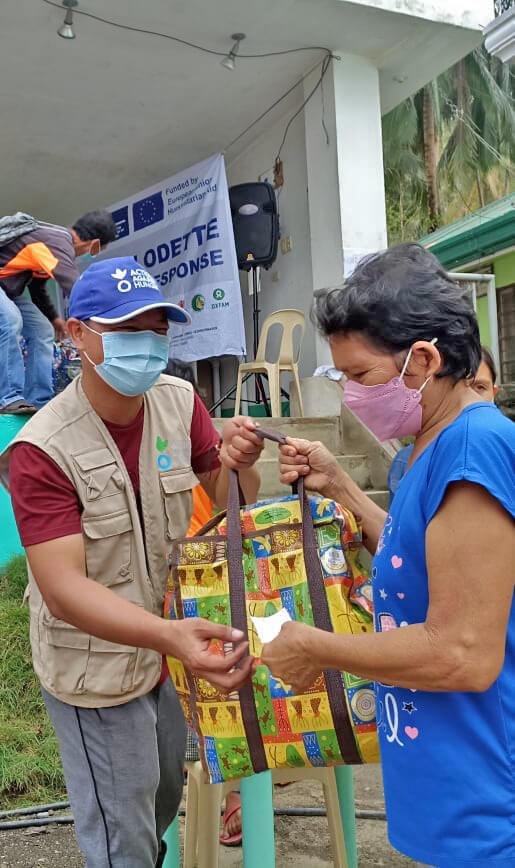
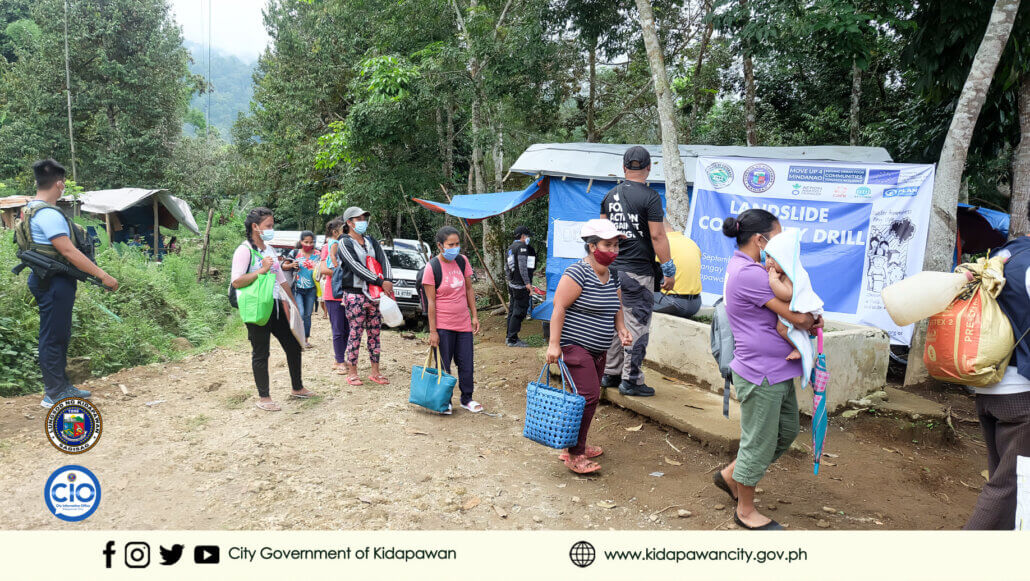
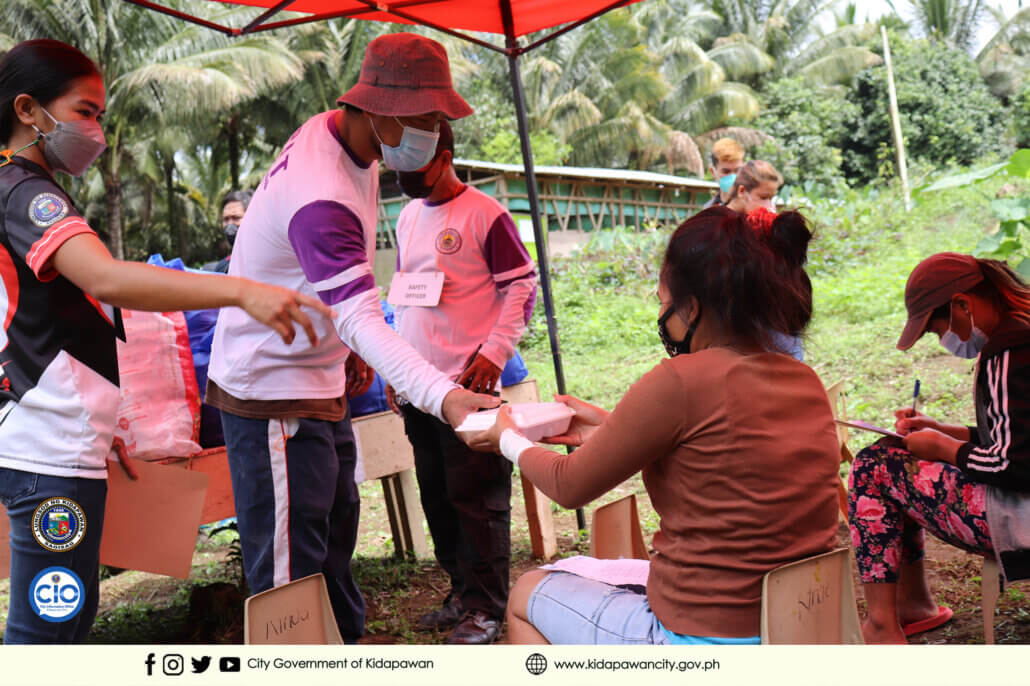
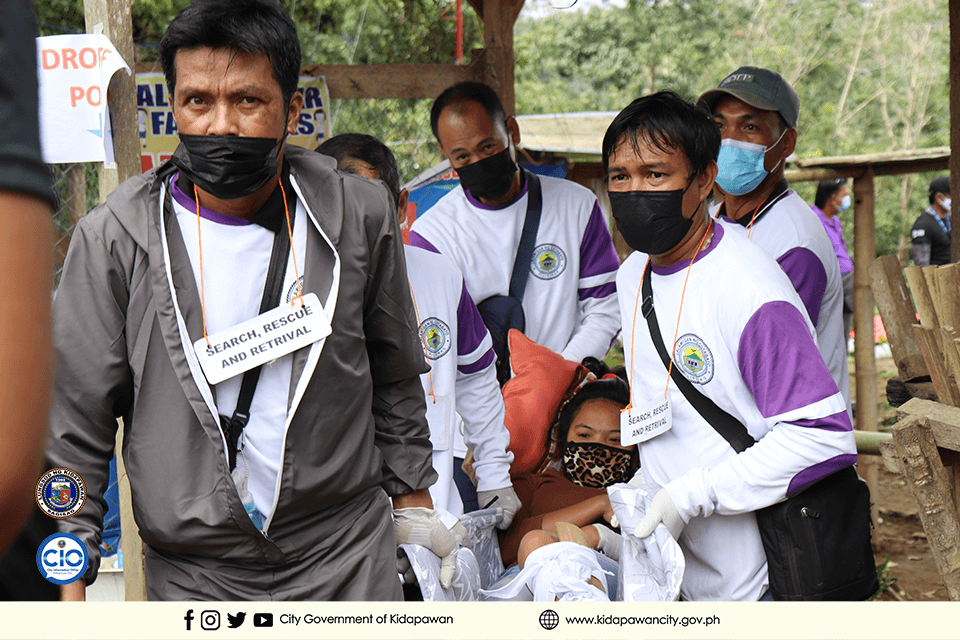
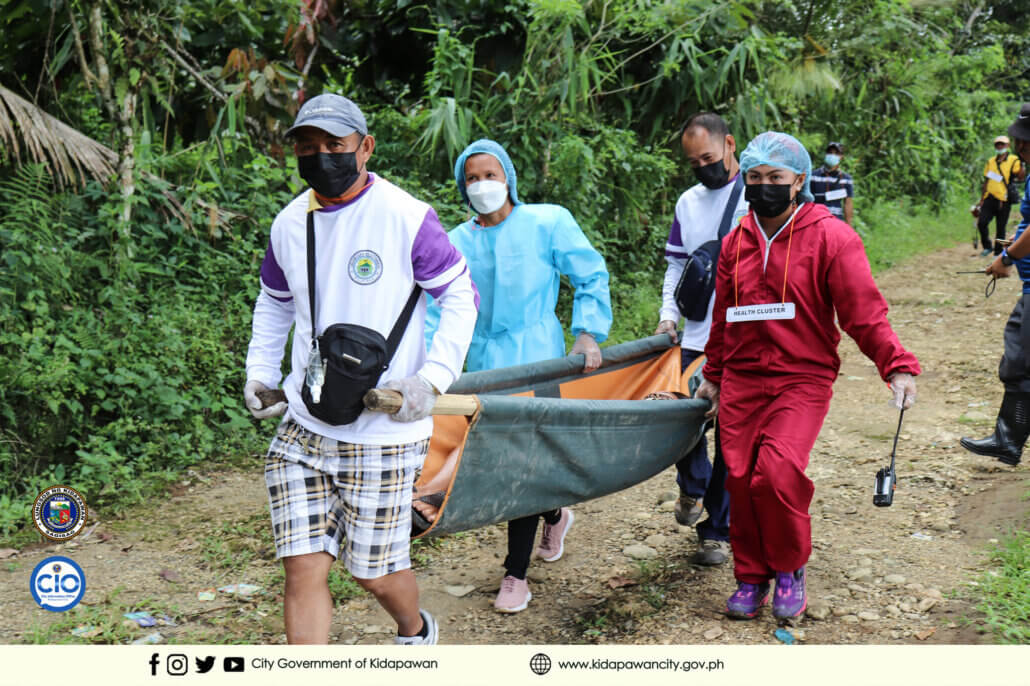
 https://www.facebook.com/lgaphilippines/posts/2906249299595916?_rdc=1&_rdr
https://www.facebook.com/lgaphilippines/posts/2906249299595916?_rdc=1&_rdr
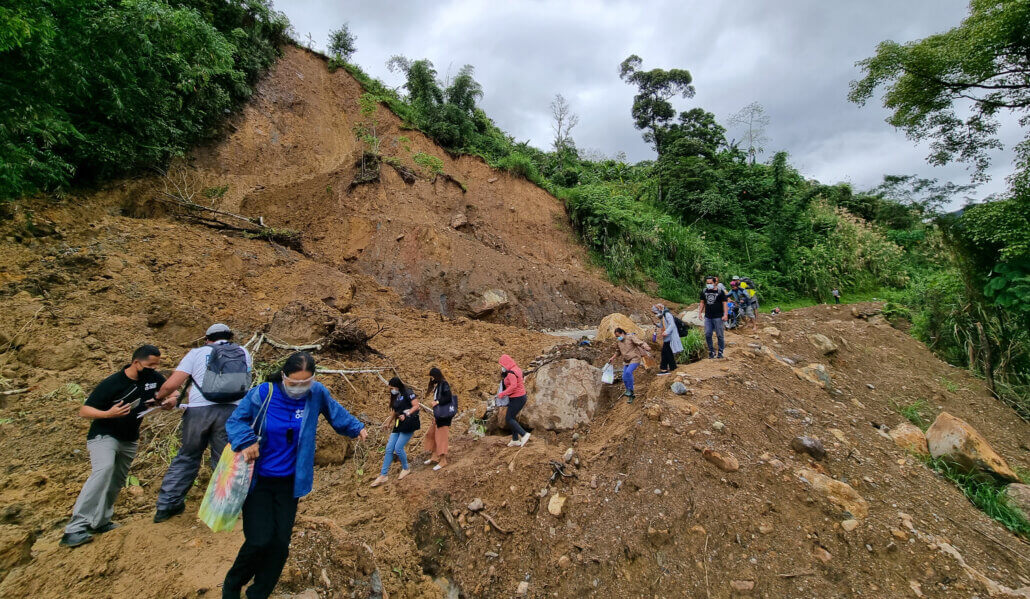
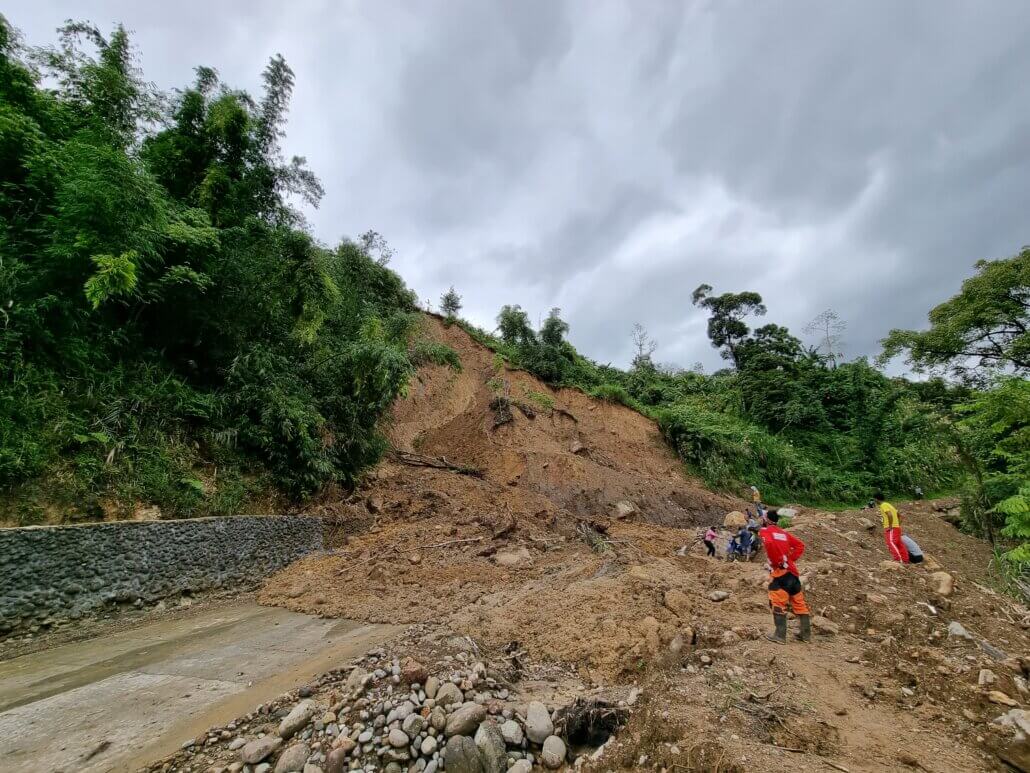
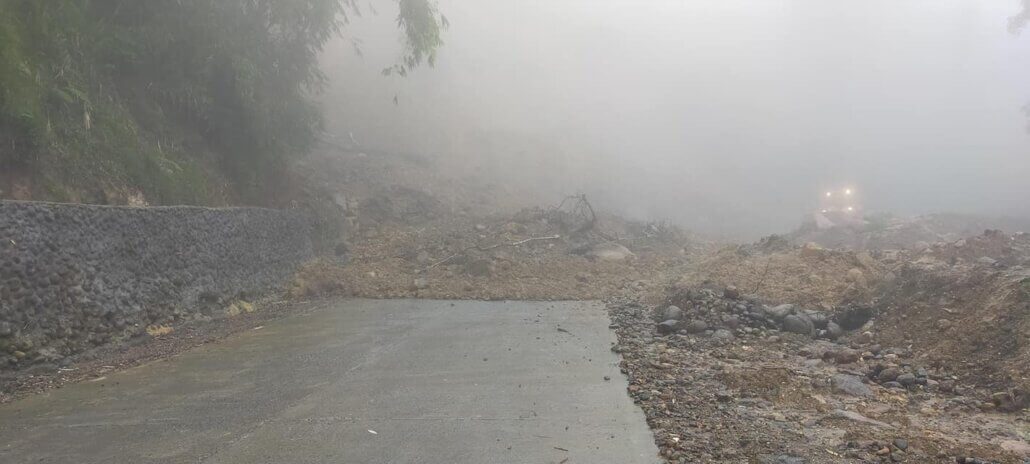
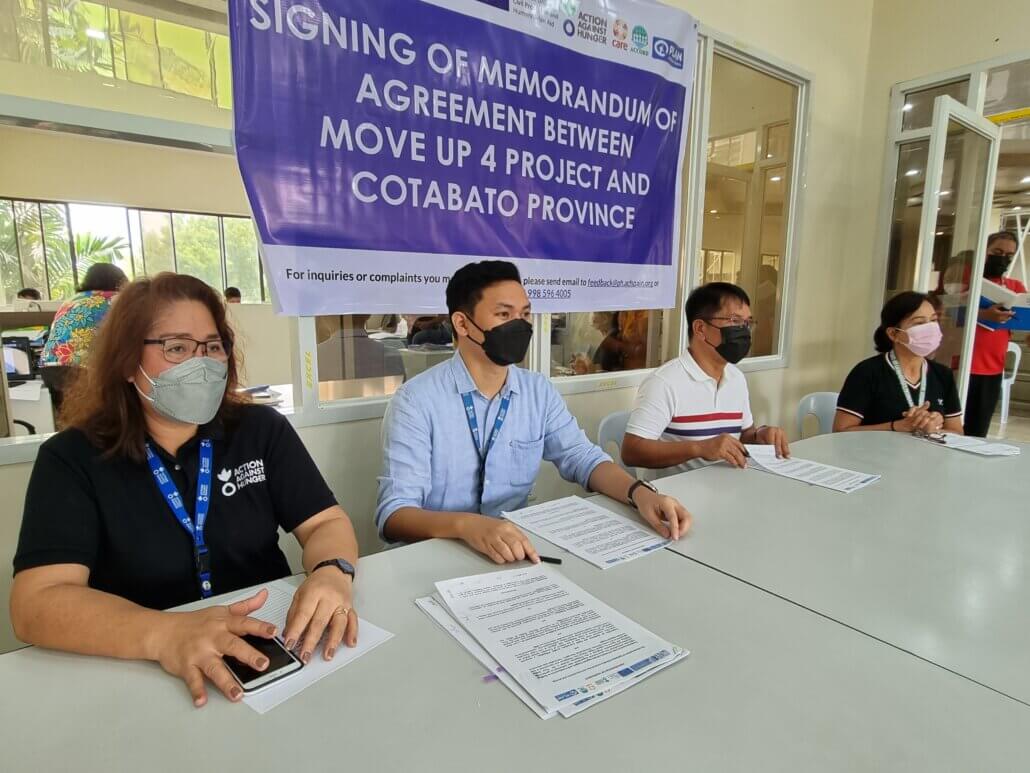 Photos by Lyndon Arbes / Louie Bullanday for Action Against Hunger
Photos by Lyndon Arbes / Louie Bullanday for Action Against Hunger